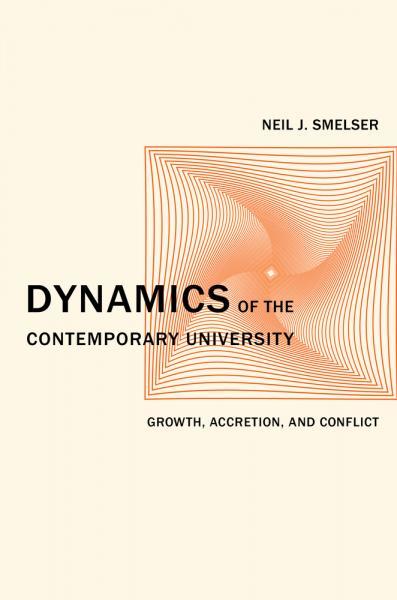The following paper highlights the political, economic, socio-cultural, ethical, philosophical, legal, and practical aspects of the far-reaching theme of international trends in private higher education, in general. It also focuses on the driving forces, causes and consequences of the emergence of private higher education in India during the last three decades, in particular. Though there has been more acceptance of private higher education institutions in India today than the ‘trepidation’ felt at their emergence three decades ago, certain basic questions about its role remain. Is...

 This book is an expanded version of the Clark Kerr Lectures of 2012, delivered by Neil Smelser at the University of California at Berkeley in January and February of that year. The initial exposition is of a theory of change—labeled structural accretion—that has characterized the history of American higher education, mainly (but not exclusively) of universities. The essence of the theory is that institutions of higher education...
This book is an expanded version of the Clark Kerr Lectures of 2012, delivered by Neil Smelser at the University of California at Berkeley in January and February of that year. The initial exposition is of a theory of change—labeled structural accretion—that has characterized the history of American higher education, mainly (but not exclusively) of universities. The essence of the theory is that institutions of higher education...